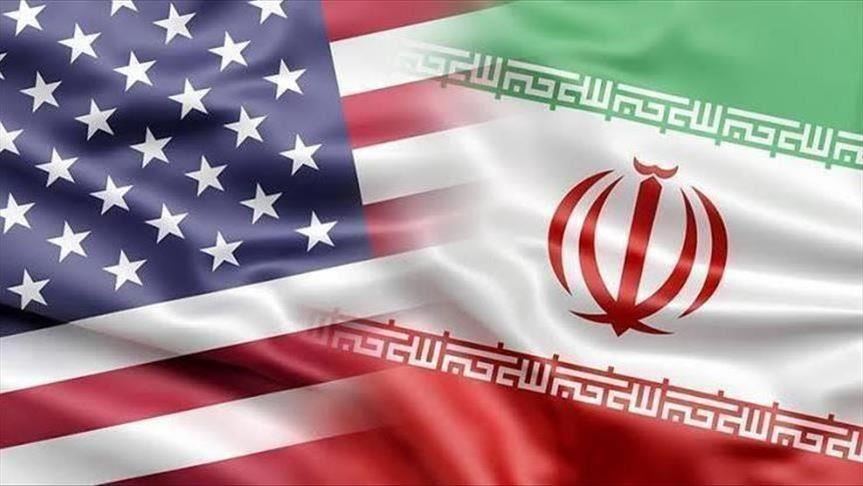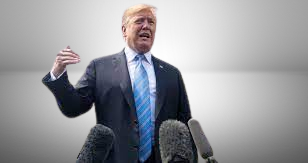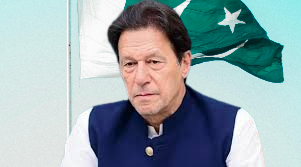United States and Iran scheduled to engage in nuclear discussions this weekend.

US President Donald Trump has cautioned that Iran could face significant danger if negotiations regarding its nuclear program fail. However, any direct discussions would require the explicit consent of Iran’s Supreme Leader, Ayatollah Ali Khamenei, who has previously expressed skepticism about engaging with the US.

Iran maintains that its nuclear program is intended solely for peaceful civilian applications. On Monday, Trump unexpectedly revealed that the US and Iran were set to commence direct talks concerning Tehran’s nuclear activities.
Nonetheless, Iran’s foreign minister indicated that the conversations would take place indirectly in Oman. Emphasizing the challenges ahead, Trump remarked that a lack of success in the talks would put Iran in “great danger.” Iran has firmly resisted Trump’s recent demands for direct negotiations, maintaining its stance as discussions approached. In a meeting with Israeli Prime Minister Benjamin Netanyahu, Trump stated, “We’re having direct talks with Iran, and they’ve started. It’ll go on Saturday. We have a very big meeting, and we’ll see what can happen.
” He characterized the upcoming talks as being of high importance, though he did not disclose their exact location. Iranian Foreign Minister Abbas Araqchi announced via social media that the indirect talks would be facilitated in Oman, remarking, “It is as much an opportunity as it is a test. The ball is in America’s court.” Indirect conversations took place during President Biden’s administration but yielded minimal results. The last known direct talks occurred during President Obama’s tenure, which led to the 2015 nuclear agreement that Trump later abandoned.
Trump’s threats of possible military action against Iran have heightened tensions in the Middle East, particularly in light of recent conflicts and shifts in leadership in Syria. Since taking office in January, Trump has increased the US military presence in the region, indicating a preference for negotiating a deal regarding Iran’s nuclear program rather than resorting to military engagement. “Iran cannot have a nuclear weapon, and if the talks aren’t successful, I actually think it will be a very bad day for Iran,” Trump warned during his Oval Office briefing. Khamenei has framed direct negotiations with the US as ill-advised, declaring them “not smart, wise, or honorable.”
Hours before Trump’s announcement, Esmail Baghaei, spokesperson for Iran’s Foreign Ministry, stated that Iran was waiting for the US’s response to its proposal for indirect negotiations, which Iran views as a generous and responsible offer. Post-announcement, an unnamed senior Iranian official confirmed that the talks would not be direct but rather mediated by Oman, a country known for its diplomatic relations with both the US and Iran. Iran’s Nournews, linked to the nation’s security apparatus, dismissed Trump’s declaration of planned direct talks as a “psychological operation” aimed at swaying public opinion both domestically and internationally.
Another unnamed Iranian official warned that a two-month window might exist to finalize a deal, as there are concerns that Israel could launch an attack if negotiations drag on further. Netanyahu has shown little enthusiasm for US-led negotiations with Iran, stating that if diplomacy can ensure Iran does not acquire nuclear weapons, it could be a positive outcome, akin to the disarmament approach taken with Libya.
During his presidency from 2017 to 2021, Trump withdrew the US from the 2015 nuclear agreement designed to limit Iran’s nuclear activities in exchange for sanctions relief, subsequently reinstating broad sanctions. Since then, Iran has exceeded the uranium enrichment limits established by the deal, prompting Western nations to allege that Iran seeks to develop nuclear weapons capabilities. Tehran insists that its nuclear ambitions are solely focused on civilian energy production. The White House National Security Council has not yet responded to inquiries for additional information.





